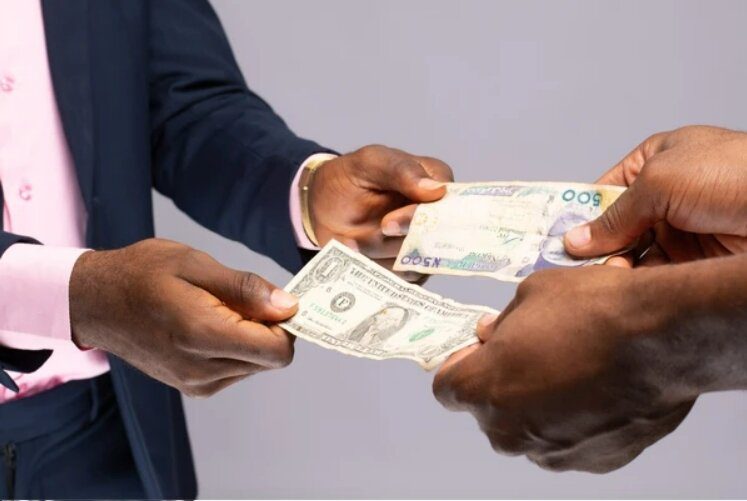When the rhythm of the drum changes, the dance must change too.” This African proverb captures the essence of a world grappling with the devaluation of money. How can people dance to the tune of prosperity when the purchasing power of their currency keeps declining? How did we get here, and more importantly, how can we restore the value of money?
Understanding Devaluation of Money
The devaluation of money occurs when the value of a currency decreases relative to goods, services, or other currencies. This results in a reduced purchasing power, where what could buy a basket of goods yesterday can barely buy half today. Devaluation can be caused by inflation, poor economic policies, over-dependence on imports, and dwindling foreign reserves. In many African countries, including Nigeria, devaluation affects both individuals and businesses. For the average citizen, it means higher prices for essential goods and services. For businesses, it increases production costs and lowers profitability, creating a cycle of economic instability.
Causes of Devaluation Inflation
- Persistent inflation reduces the value of money by raising the cost of goods and services.
- Weak Economic Policies: Poor fiscal management, corruption, and over-reliance on imports weaken local currencies.
- Trade Imbalances: When imports significantly outweigh exports, the demand for foreign currencies rises, causing local currencies to lose value.
- External Debt: Excessive borrowing in foreign currencies leads to repayment pressures, often resulting in devaluation.
- Global Economic Factors: Fluctuations in global oil prices and economic downturns can adversely affect currency value in resource-dependent economies.
Impact of Devaluation
- The devaluation of money has far-reaching consequences
- Rising Cost of Living: Basic goods like food, fuel, and healthcare become unaffordable for many.
- Reduced Savings Value: Inflation erodes the real value of saved money, discouraging long-term financial planning.
- Business Challenges: Companies face higher import costs and shrinking profit margins, sometimes leading to layoffs or closures.
- Economic Instability: Prolonged devaluation can discourage investment and hinder economic growth.
Path to Restoring the Value of Money
- Restoring the value of money requires a collaborative effort among policymakers, businesses, and consumers. Key steps include:
- Stabilizing Inflation: Governments must implement monetary policies that curb inflation, such as managing money supply and promoting local production.
- Encouraging Exports: Diversifying the economy and improving the quality of exports can reduce trade imbalances and strengthen the currency.
- Reducing Dependency on Imports: Promoting local industries and substituting imported goods with locally produced alternatives will conserve foreign reserves.
- Debt Management: Adopting responsible borrowing practices and seeking debt restructuring options can alleviate pressure on the currency.
- Ethical Business Practices: Traders and businesses should avoid exploitative pricing, ensuring fair prices that reflect true market conditions.
In the words of another African saying, “Smooth seas do not make skillful sailors.” The challenges posed by devaluation are an opportunity to chart a better course. Money can regain its value if the economy stabilizes and traders adopt fair pricing strategies. Reducing the prices of goods and services can restore balance, making life more affordable for all. By working together, nations can strengthen their currencies, ensuring a brighter and more prosperous future for their people.

